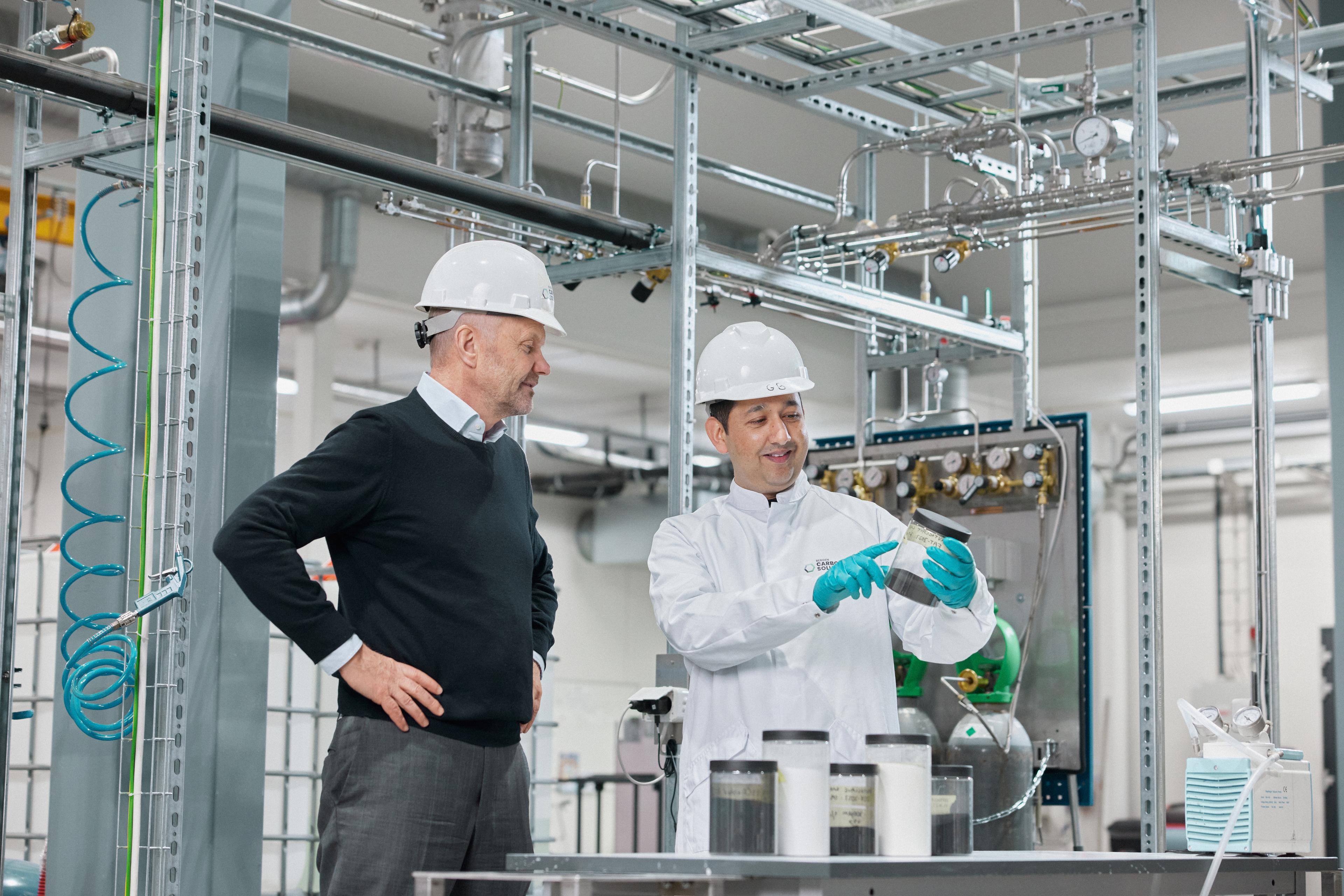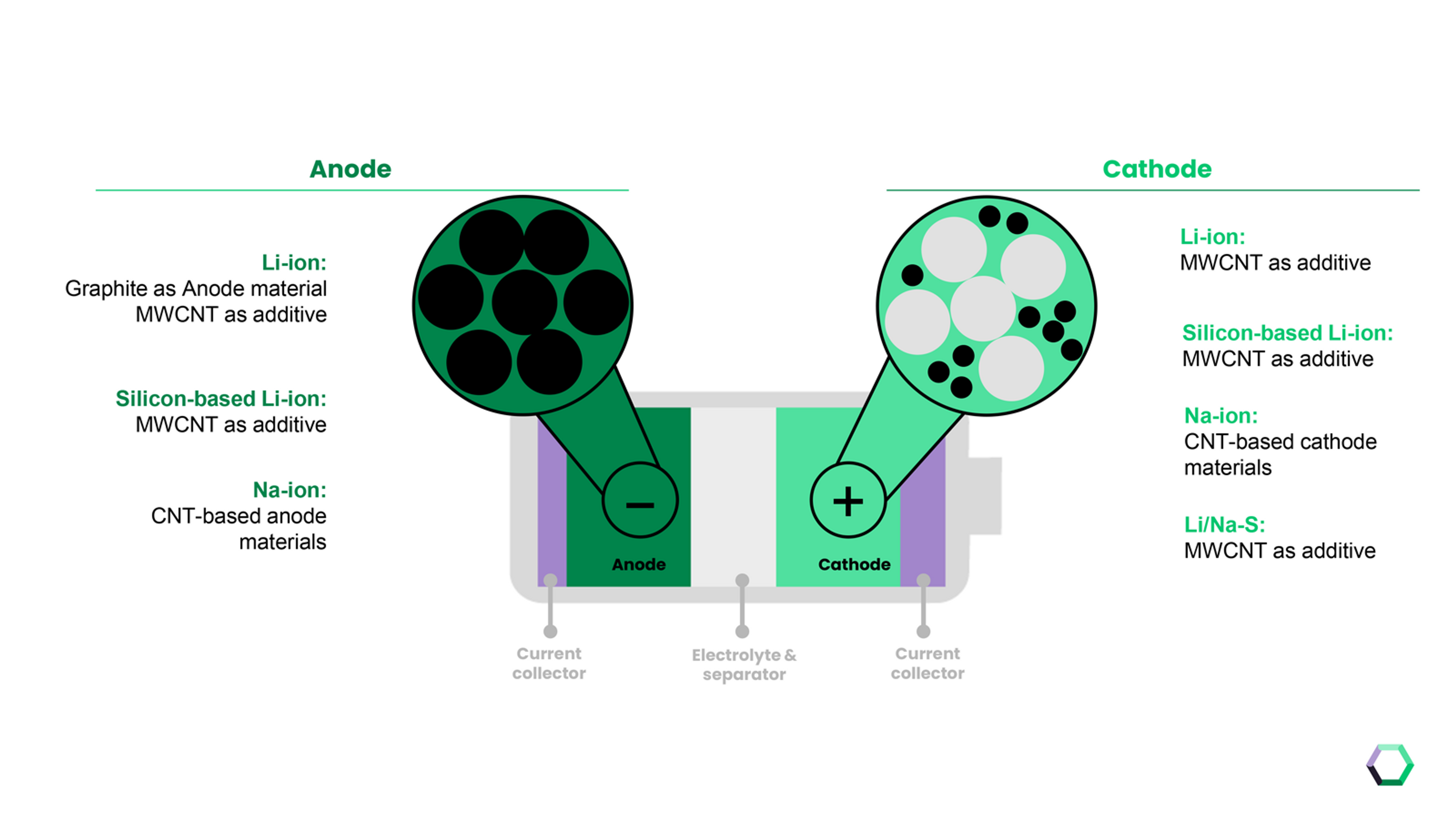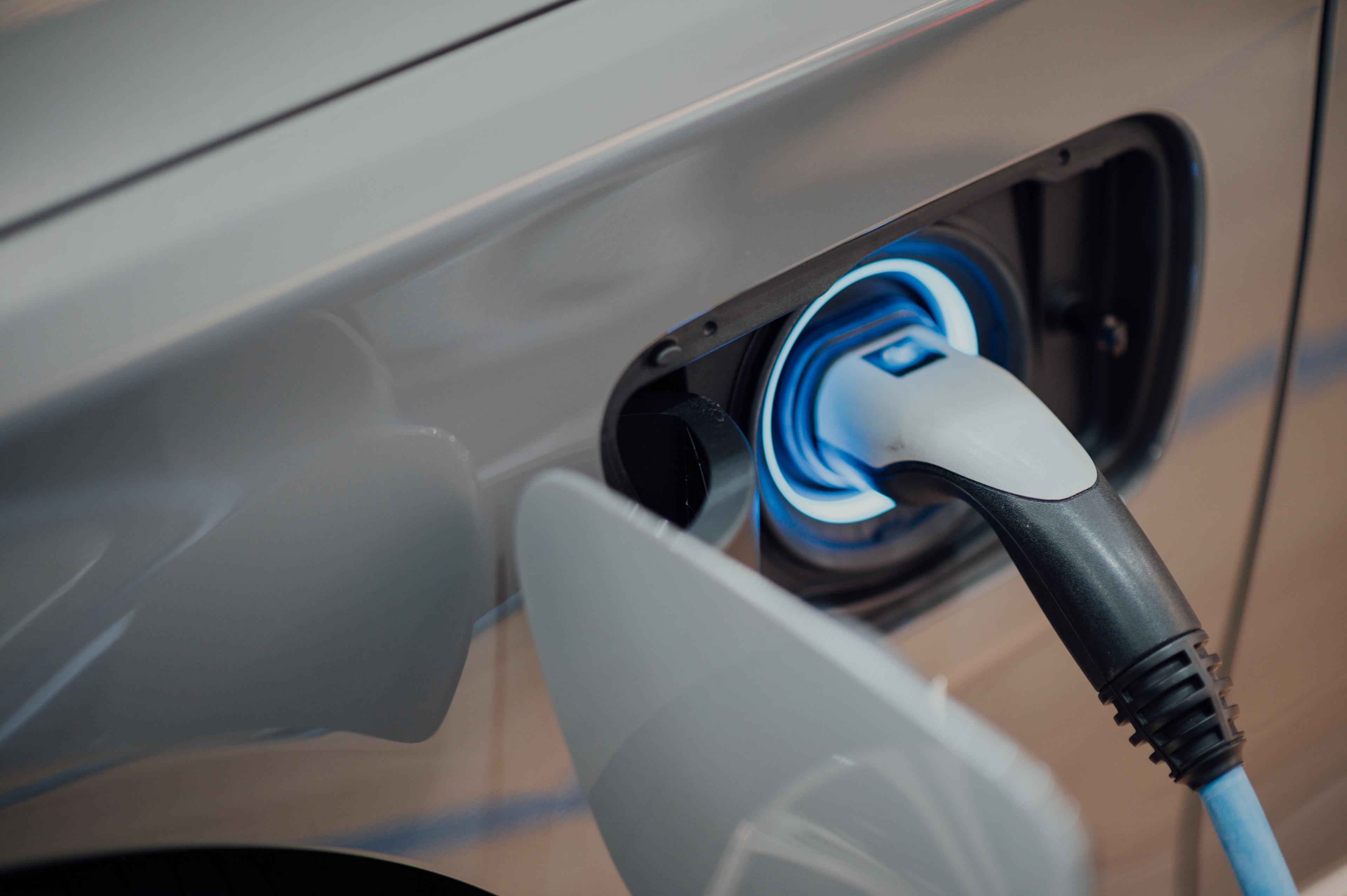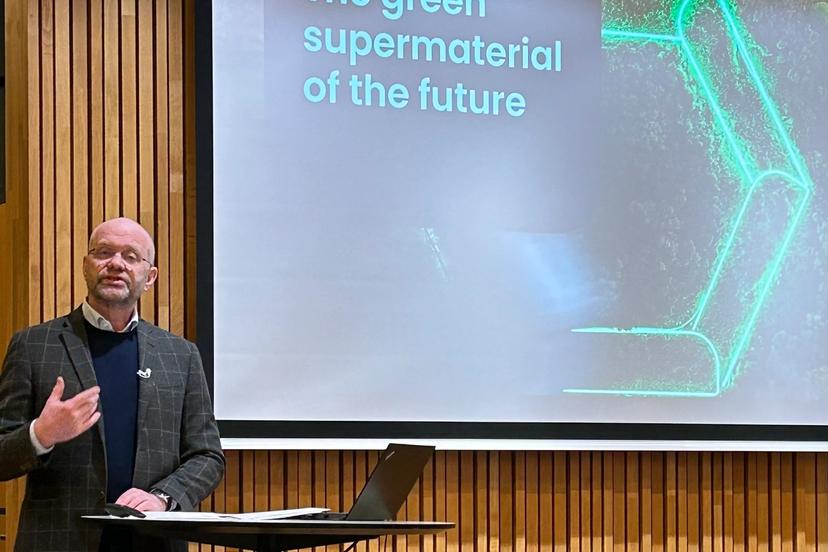The role of clean carbon in the battery evolution
The global demand for batteries is experiencing exponential growth. Particularly driven by the increase in electric vehicles and renewable energy storage, it’s propelling the need for sustainable battery solutions.
Enter clean carbon—a game-changer in the battery world.
Traditionally, the production of lithium-ion batteries heavily depends on graphite, a crucial component in their anodes. However, this reliance presents significant challenges related to environmental impact and supply chain vulnerabilities.
Graphite is typically sourced through mining or synthetic processes that involve petroleum, contributing to about one third of the emissions from conventional batteries. Transforming graphite into a more environmentally friendly resource would have substantial positive implications.
BCS has strategically centered its focus on batteries, specifically targeting green production of materials. The goal isn't just about innovation; it's about revolutionizing the industry to combat the environmental challenges we face today.

Challenges and opportunities on the battery horizon
Understanding the anatomy of batteries reveals the criticality of carbon in their components—the anode, cathode, and electrolyte. BCS's expertise spans the entire battery value chain, emphasizing the use of clean carbon materials as a pivotal input factor in green battery manufacturing. These materials not only enhance battery performance but also contribute significantly to reducing their environmental footprint.
The future of batteries is diverse, with various chemistries aimed at achieving higher energy densities, faster charging rates, and extended lifespans. BCS actively plays a role in this evolution, offering tailored carbon solutions for different battery compositions, driving advancements in sustainable materials and safety profiles.
Our innovative process simply requires access to electricity and a readily available source of CO2 to kickstart the production of this sustainable carbon.

Clean carbon's crucial role in better batteries
Understanding the anatomy of batteries reveals the criticality of carbon in their components—the anode, cathode, and electrolyte. BCS's expertise spans the entire battery value chain, emphasizing the use of clean carbon materials as a pivotal input factor in green battery manufacturing. These materials not only enhance battery performance but also contribute significantly to reducing their environmental footprint.
The future of batteries is diverse, with various chemistries aimed at achieving higher energy densities, faster charging rates, and extended lifespans. BCS actively plays a role in this evolution, offering tailored carbon solutions for different battery compositions, driving advancements in sustainable materials and safety profiles. Our innovative process simply requires access to electricity and a readily available source of CO₂ to kickstart the production of this sustainable carbon.

Ensuring material supply for a greener future
The foundation of sustainable battery manufacturing rests on the availability and reliability of raw materials. BCS stands poised to revolutionize this aspect, ensuring a consistent and ethical supply of carbon materials essential for green battery production.
At its core, clean carbon stands as a beacon of hope for reducing the carbon footprint associated with battery production and industrial processes. By leveraging this sustainable material, industries can significantly minimize their environmental impact. Clean carbon not only enhances the performance of batteries but also aids in extending their lifespan, contributing to a more efficient and eco-friendly energy storage system.
Embracing clean carbon isn't just a technological advancement; it's a commitment towards a greener future. By harnessing this sustainable material, industries can not only enhance their operational efficiency but also align with global sustainability goals. The adoption of clean carbon represents a pivotal step towards creating a more sustainable, eco-conscious world for generations to c


